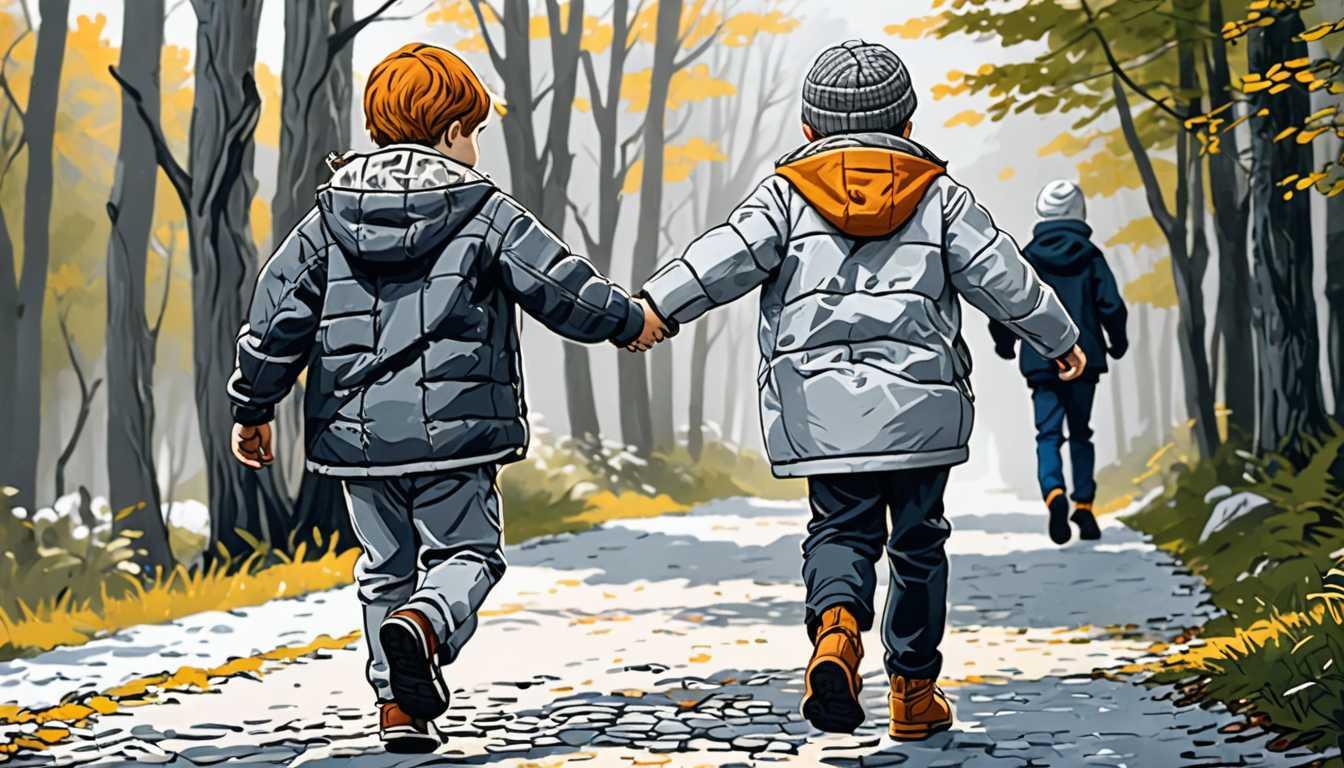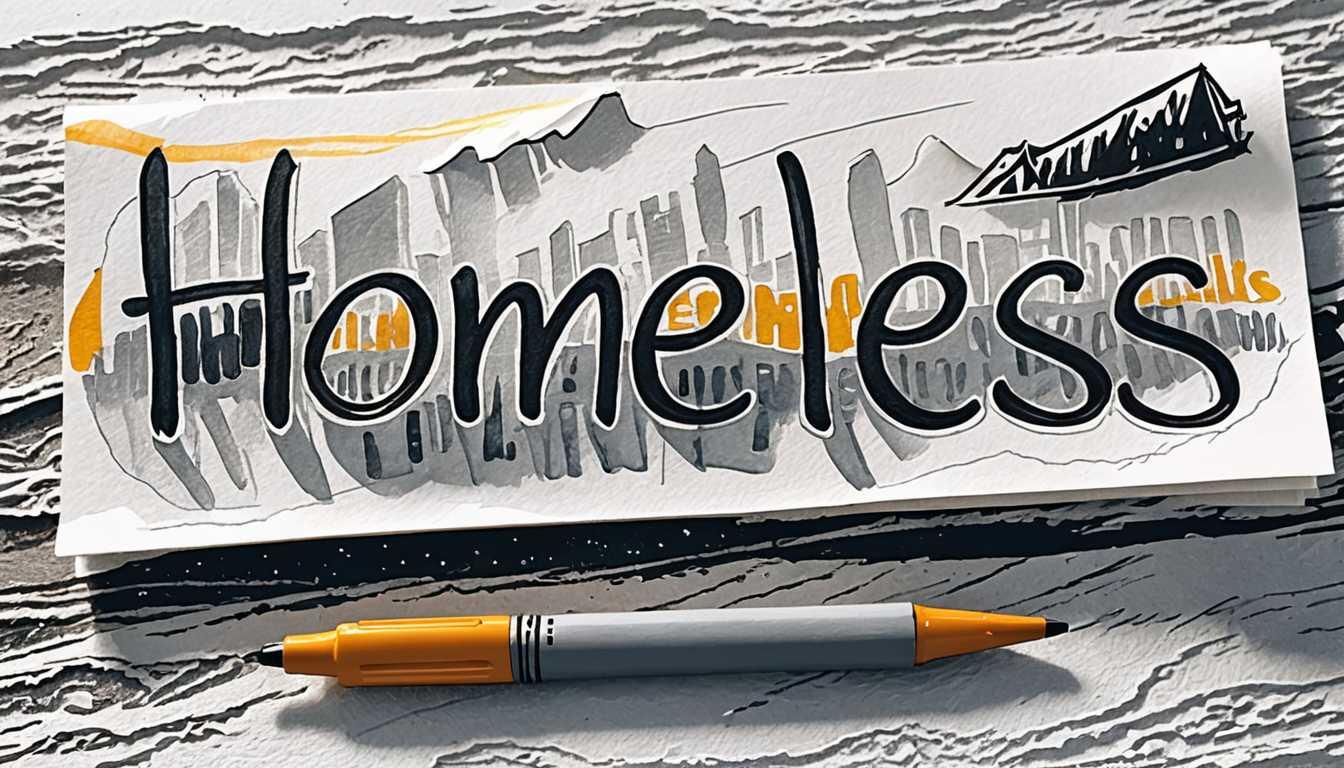Gentrification: Progress or Peril?
September 2023
Harvard University
Introduction
Dive into a groundbreaking study from Harvard that uncovers a startling link: gentrified neighborhoods experience a 62% spike in gun injuries compared to their non-gentrified twins. With a mix of urban data and a touch of detective work, researchers reveal how the facelift of cities might be double-edged, pushing communities into a corner. It's not just about new coffee shops and condos; it's a complex battle between progress and safety. Ready to explore the gritty side of gentrification?
READ FULL ARTICLEWhy It Matters
Discover how this topic shapes your world and future
Unpacking the Urban Puzzle
Imagine walking through a neighborhood that's buzzing with new cafes, art galleries, and renovated homes. At first glance, it seems like a positive transformation. But there's a deeper story unfolding—one that affects communities and individuals in profound ways. Gentrification, the process where wealthier individuals move into lower-income neighborhoods, leading to rising housing costs and the displacement of long-term residents, has a complex impact. A recent study has shown that gentrified neighborhoods see a significant rise in gun injuries, a finding that challenges us to think critically about urban development and its consequences. This isn't just about city landscapes; it's about understanding how changes in our environment directly impact people's lives, including issues of safety and community well-being. For you, this could mean looking at your own neighborhood in a new light, considering how economic and social shifts affect the dynamics and safety of communities worldwide.
Speak like a Scholar
Gentrification
The process where wealthier people start moving into less affluent neighborhoods, causing property values and living costs to rise, and often displacing the original residents.
Socioeconomic characteristics
Attributes that describe the economic and social conditions of a group, including income, education, and employment status.
Firearm injury incidence rate
The frequency at which injuries caused by firearms occur within a specific population over a certain period.
Urban
Relating to cities or towns, especially in terms of their structure or design.
Displacement
The forced movement of people from their homes, often due to economic pressures like rising housing costs.
Interventions
Actions taken to improve a problem or difficult situation, such as programs aimed at reducing violence or providing social support.
Independent Research Ideas
The Role of Urban Design in Mitigating Violence
Investigate how the layout and features of urban spaces can either contribute to or help reduce violence, including the impact of green spaces, public amenities, and community centers.
Economic Displacement and Mental Health
Explore the psychological effects of displacement due to gentrification, focusing on stress, anxiety, and community ties.
Comparative Study of Gentrification Effects in Different Countries
Analyze how gentrification impacts communities in various parts of the world, considering factors like cultural differences, government policies, and economic conditions.
Community-Led Initiatives to Counteract Gentrification
Examine successful programs and projects initiated by communities to preserve their cultural identity and support long-term residents amid gentrification.
The Intersection of Gun Control Policies and Urban Development
Study how gun control laws and policies affect urban areas experiencing gentrification, including the role of policy in preventing firearm injuries.
Related Articles

Rising Child Mortality: A Post-Pandemic Reality
January 2025
U of Bristol Research news

Medicaid: A Game Changer for Homelessness?
October 2024
Cornell News Highlights

Coca-Cola: The Drug That Sparked a Debate
June 2024
JSTOR Daily

Chat Your Way to Healthier Blood Pressure
March 2024
Cornell University

Are Junior Doctors Paid Enough? Find Out!
July 2024
King's College London - News